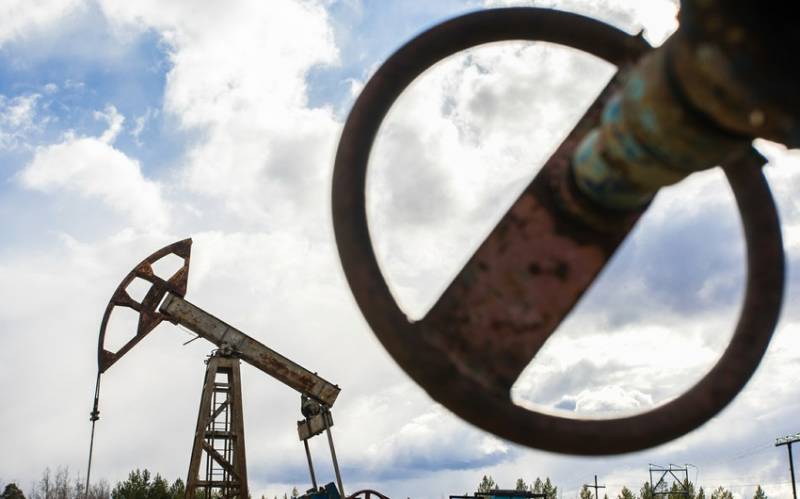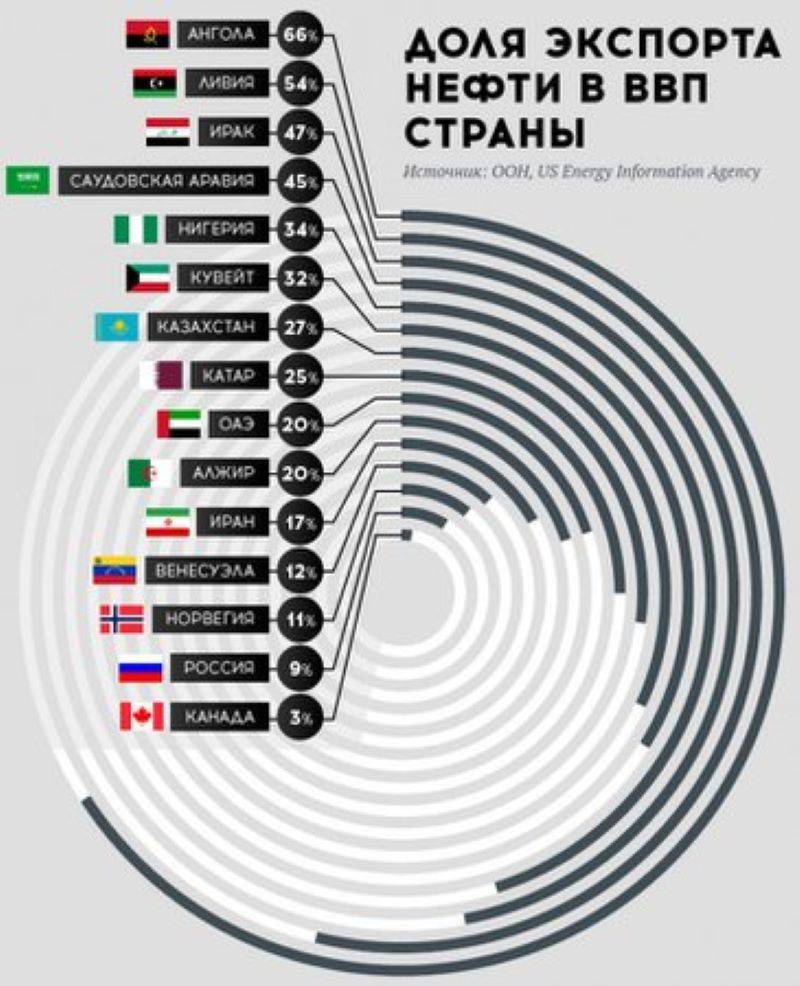Brazil plus. Oil replenishment in the interests of OPEC

Wrong benefit performance
Saudi Arabia and Russia have the right to consider themselves beneficiaries of the ministerial meeting that took place yesterday within the framework of the OPEC+ agreement. As a result, it became known that Brazil will join the well-known agreements on regulating levels of oil production and export.
Brazil is almost ready to join the alliance of countries that are among the world's leading oil exporters, and all formalities will be left behind in January 2024. Brazil is a fairly large oil producer. In the country, fuel production this year will amount, according to the South American regulator, to more than three million barrels per day.
As you know, the main task of OPEC is to protect the interests of its participants. And in fact, today we are not talking about the desire to inflate oil prices as much as possible, which could result in a strong drop in demand, but about maintaining market stability.
Initially, the autumn OPEC+ event was planned to be held in person from November 25 to 26 in 2023, but on November 23, the OPEC secretariat announced that it was being postponed to December 30 online. The reasons for postponing the meeting were not specified; they officially talked about disputes between Saudi Arabia and a number of African countries.
Including with Nigeria, Equatorial Guinea and Angola on the issue of their production and export quotas. These OPEC members were concerned about the possibility of further reductions in their quotas, among other things, because the reduction was literally being forced on them.
Moreover, they are imposing it in conditions when one of the key players in the positive agreement, the United Arab Emirates, has already won for itself a quota increase due to the complicated situation with oil transportation in the region.
These African countries' oil production levels had recently been well below quota, and they believed they were entitled to some kind of compensation. Currently, Nigeria and Angola expect to restore the scale of production, and as a result, exports, since their domestic market is already overcrowded.

OPEC as "Price Management"
As you know, the budgets of states that are members of OPEC, as well as those that have joined the OPEC-plus deal, are mainly formed thanks to oil production and its export. Therefore, the main issue of the organization was managing prices on the world oil market.
Currently, OPEC members and participants in the “plus” agreement are discussing a reduction in global oil production by one to two million barrels per day. At the beginning of this year, countries agreed to reduce production by almost two million barrels per day. Russia intends to increase the volume of reductions from 300 thousand to 500 thousand barrels per day.
In this regard, Russia, as the leader among non-OPEC countries that have joined the quota agreement for the third year after the well-known price war, is in solidarity with the other largest oil exporter - Saudi Arabia. The latter, we recall, has already reduced its export quota in recent months, and voluntarily, by almost 1,5 million barrels.
It is significant that Brazil's accession appears to have led to a completely different outcome from the meeting than expected. The participants at the ministerial meeting did not rush into new quotas and reductions, and decided to continue to adhere to the practice of additional voluntary restrictions.
Let us remember that they primarily affect Russia and Saudi Arabia, and it is not so much the other participants in the OPEC+ agreement that can benefit from this, but rather the countries that have not joined it. First of all, we mean, of course, the USA.
We must not forget that during the period when the pandemic subsided, there was an informal gentleman’s agreement with the United States and Mexico that they would not take advantage of the vacant market niches at the expense of others and would not greatly increase production and exports in order to keep prices at an acceptable level .
Hardly anyone knows how they will now negotiate with those who are outside the scope of the positive deal. On the eve of the online meeting on November 30, they discussed the possibility of reducing production by at least one, and with a more stringent option, even by 2,4 million barrels per day.
In conditions where there is a traditional seasonal decline in demand, this was expected, but in the end this decision was not made. More precisely, given the fact that many would not have agreed with him in any case, it was not even considered. The matter is currently limited to voluntary restrictions on production and exports by eight countries.

About a new charter and a new aggravation
Brazil also announced its accession to the OPEC+ Charter of Cooperation (CoC) from January 2024. This international document, with the participation of oil producing countries, was signed in July 2019 at the sixth OPEC+ ministerial meeting.
Within the framework of the charter, participants interact both organizationally and technologically. But the main thing is still regular monitoring of the situation in the oil markets, with serious obligations regarding the exchange of information, as well as its dissemination.
At the same time, the charter itself presupposes the fastest possible response to almost any significant changes in the market, including such as the price ceiling for Russian oil. However, the charter does not provide for any obligations to counter such measures.
In essence, the charter expands the scope of interaction between countries included in OPEC and those outside OPEC, which was formed thanks to positive agreements. And if those have strictly defined time frames, then the charter is of an indefinite nature.
It will remain in force even when operational coordination under the OPEC+ agreement is no longer necessary. It remains to be noted that participation in the charter is voluntary and open to all oil-producing countries.
The moderately positive situation for oil-producing countries was somewhat blurred by the aggravation of the situation in Guyana, affecting both Venezuela, one of the important members of OPEC, and Brazil. For now, it is almost impossible to assess how strong its influence on the oil market will be. Too much depends on how events will develop.
Information